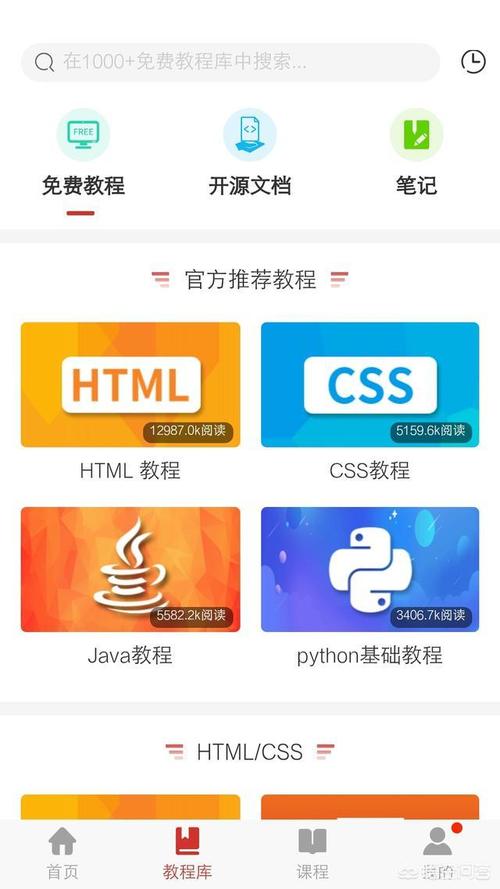```html
Optimizing Mobile Programming with the Right SoftwareOptimizing Mobile Programming with the Right Software
Mobile programming has become an essential aspect of software development due to the widespread use of smartphones and tablets. To excel in mobile development, choosing the right programming software is crucial. Here's a comprehensive guide to help you optimize your mobile programming experience:
An IDE is a software suite that consolidates basic tools required to write and test software. For mobile programming, consider IDEs tailored for specific platforms like:
- Android Studio: Ideal for Android app development, offering features like code editing, debugging, and performance profiling.
- Xcode: Specifically designed for iOS and macOS development, providing a comprehensive set of tools for building apps for Apple devices.
- Visual Studio: Offers crossplatform development capabilities, supporting Android, iOS, and Windows platforms, making it suitable for multiplatform app development.
Frameworks and libraries streamline mobile app development by providing prewritten code for common functionalities. Some popular frameworks include:
- React Native: Allows developers to build crossplatform mobile apps using JavaScript and React. It facilitates code reusability across different platforms.
- Flutter: Developed by Google, Flutter enables the creation of native interfaces for both Android and iOS using a single codebase written in Dart programming language.
- SwiftUI: Introduced by Apple, SwiftUI simplifies iOS app development by using a declarative syntax to create user interfaces.
Effective collaboration and code management are essential in mobile programming. Utilize version control systems such as Git to:
- Track Changes: Keep a record of code modifications and revert to previous versions if necessary.
- Collaborate: Enable multiple developers to work on the same project simultaneously without conflicts.
- Backup: Ensure the safety of your code by storing it on remote repositories like GitHub or Bitbucket.
To deliver highquality mobile apps, it's crucial to optimize performance. Use performance analysis tools to:
- Identify Bottlenecks: Analyze CPU and memory usage to pinpoint performance bottlenecks in your app.
- Optimize Code: Refactor inefficient code and utilize performanceoriented techniques to improve app responsiveness.
- Test on Real Devices: Conduct performance tests on actual mobile devices to simulate realworld usage scenarios.
Implement CI/CD pipelines to automate the build, test, and deployment process. Benefits include:
- Efficiency: Automate repetitive tasks, reducing manual effort and minimizing errors.

- Quality Assurance: Run automated tests to ensure code quality and detect bugs early in the development cycle.
- Rapid Deployment: Streamline the release process, enabling frequent updates and faster timetomarket.
By leveraging the right software tools and practices, you can optimize your mobile programming workflow, leading to efficient development, superior app performance, and ultimately, greater user satisfaction. Stay updated with the latest advancements in mobile development technology to stay ahead in this dynamic field.
